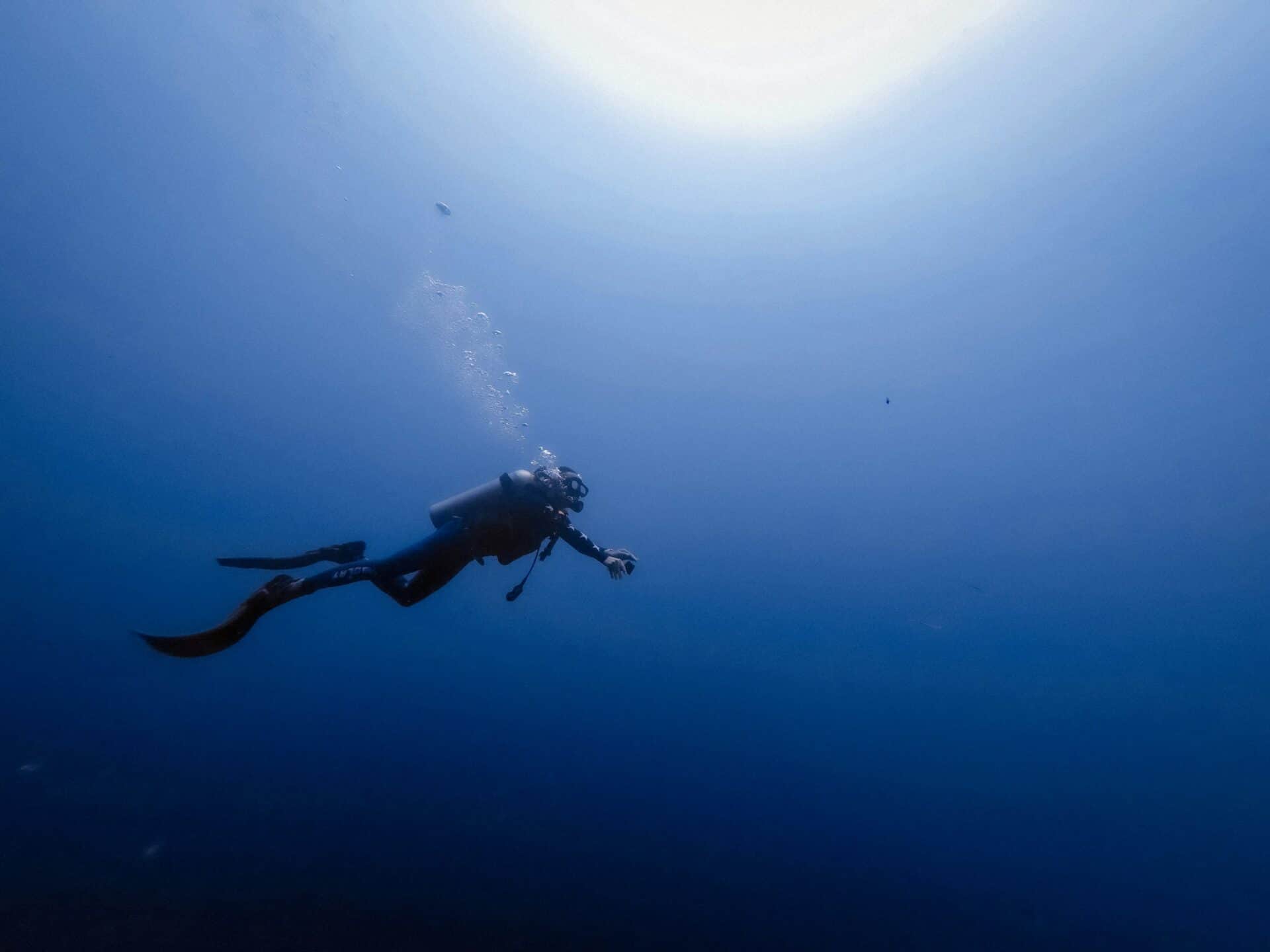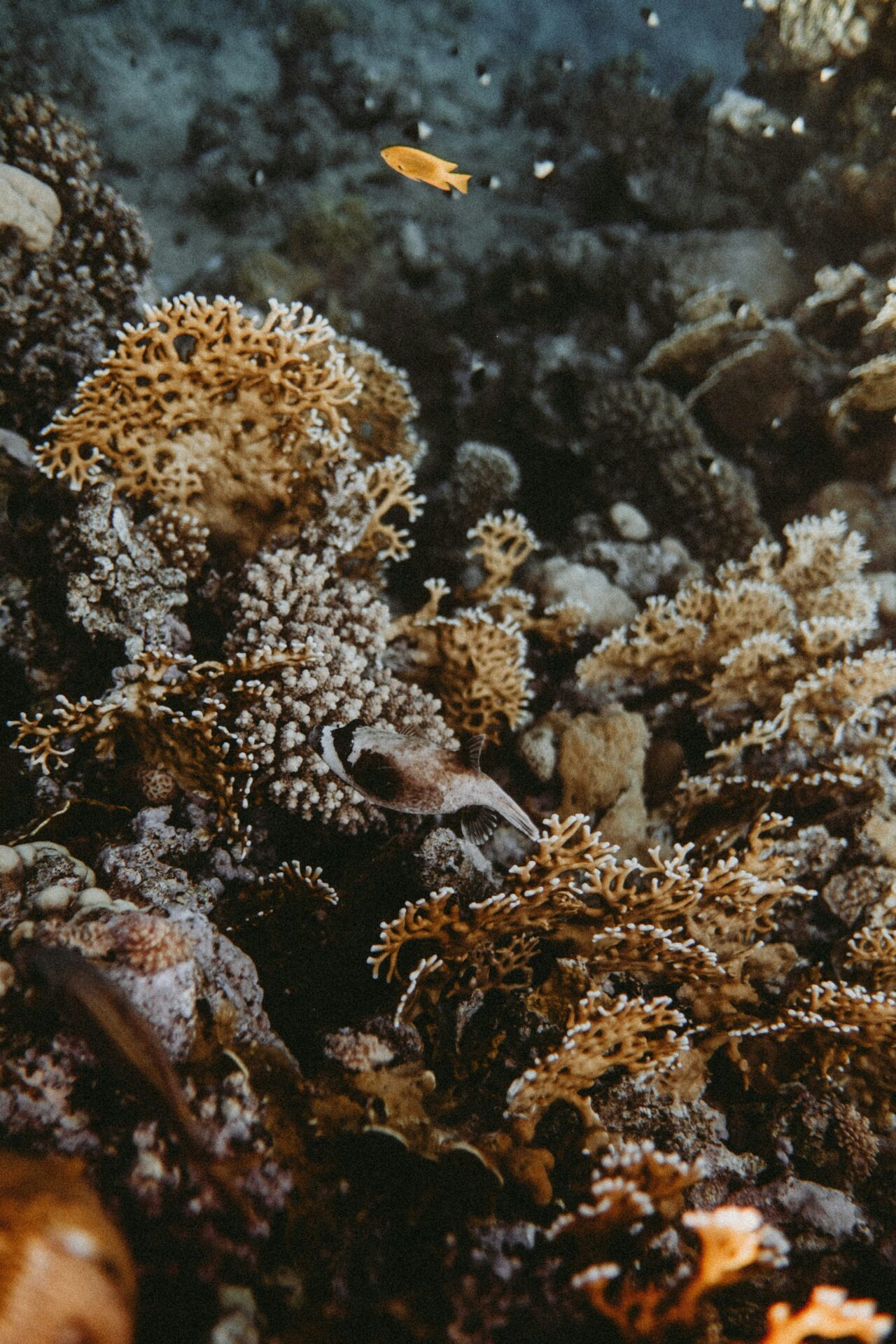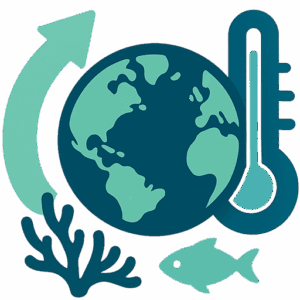
Threats
Environmental Reefs facing the Reef
The Reef supports biodiversity on a massive scale with many species endemic to the region. But all this is threatened by various factors affecting the Reef. While the government has many programs to protect the Reef, many of these projects have been criticised for lacking quantitative targets and specific strategies that will help deal with the threats. In fact, UNESCO’s World Heritage Committee threatened to downgrade the area to a world heritage site in danger in 2012 if serious efforts are not made to deal with the threats to the Reef, which includes developments projects along the coast. While the governments have improved their efforts to avoid the downgrade of the Reef, there is still a lot that needs to be done. Threats facing the Reef are numerous and here are the common ones.
Water Quality
This threat has been identified since 1989 with many variables coming into play to determine water quality and how it affects coral health. This includes salinity, nutrients, water temperature, pesticides, and suspended sediment concentrations. While the species can adapt to variations in water quality, there are critical thresholds that when exceeded, can have negative impacts.
River discharges represent one of the major causes of pollution to the Reef through the nutrients on those discharges. About 700 reefs are currently significantly threatened by a decrease in water quality due to chemical runoff and naturally acidic sediment. Coastal developments have led to the loss of coastal wetlands which serves as natural filters, and this is a major reason for the influx of runoffs into the Reef. Coupled with this is the agriculture in this region, which has further aggravated the region’s water quality threats.
For instance, mud pollution resulting from runoff caused by overgrazing and European farming practices led to the outbreak of crown of thorn starfish which eats corals and has caused massive depletion of the coral reefs in recent times. Poor water quality caused by excess nutrients also promotes the spread of infectious viral diseases and promotes the growth of phytoplankton in the coral, leading to more organisms competing for space and disrupting the reef system.

Mining Pollution
Toxic water is released into the Great Barrier Reef due to mining, and this also causes significant damage to the reef system.
Dumping
Another threat is the dumping of sea beds into the Great Barrier Reef from other dredged points, and this has been identified to cause significant problems for the corals and other organisms in the Reef.
Overfishing
Unsustainable fishing of some species in the Reef can also cause disruption in the food chain and even worse, pollution from boats is also a problem.
Climate Change
This has been identified as the biggest threat to the Reef due to the effects of climate change, such as rising temperature, extreme weather events, acidification, etc.
